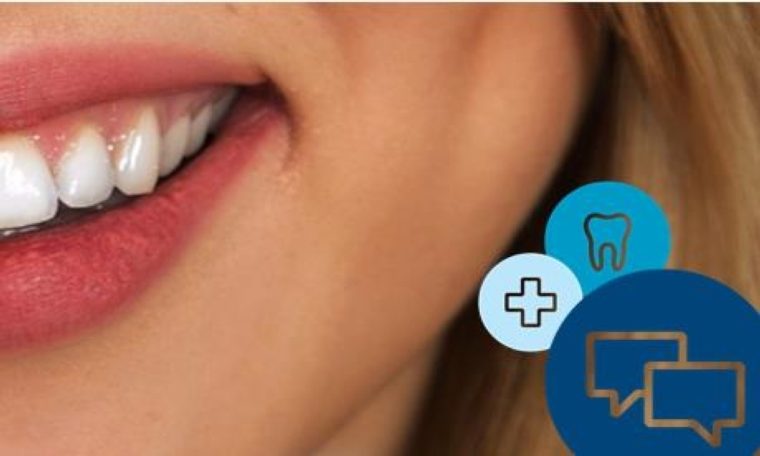
Next week marks the start of National Smile Month (17 May – 17 June 2021), and if that isn’t enough to put a grin on your face, then here’s a little ad wisdom to get your teeth into.
Making Your Ads Dazzle
Many people like to keep their pearly whites shining brightly, and there are a range of products and interventions which claim to whiten teeth. When advertising such services, however, marketers should ensure that they hold sufficient evidence to substantiate claims about a product’s efficacy. This includes claims such as “x shades whiter” and claims about the length of time required to achieve the desired effect. To avoid setting anyone’s teeth on edge, ads for toothpastes should take care not to make a comparative claim (implied or otherwise) about a toothpaste’s whitening ability if not supported by strong evidence. It might be obvious, but any before and after images should not be digitally enhanced in a way which exaggerates the whitening effect of a product.
Tooth whitening services can only be advertised and carried out by registered dentists, dental therapists, dental hygienists and clinical technicians working to the prescription of a dentist. Tooth whitening by non-dental professionals could be illegal. If marketers are in doubt about whether they are able to offer tooth whitening, they should check with the General Dental Council before advertising their services.
Ouch!
It’s not just the appearance of pearly whites which can cause issues. Many people suffer with tooth sensitivity and may turn to products, including toothpastes, which claim to help alleviate the problems caused by sensitive teeth. If a toothpaste or other product makes a medicinal claim when referring to the treatment of tooth sensitivity, marketers must ensure that their product holds the relevant marketing authorisation from the MHRA (Medicines & Healthcare products Regulatory Agency) and that any claims comply with that licence.
Open Wide…
As in other sectors, dental professionals should ensure that any objective claims about their work are supported by robust evidence which should usually include data from independent clinical trials. If advertising the benefits of braces which are unlike traditional braces, care should be taken to avoid claims that the brace system has a “faster effect” or is “less painful” than traditional braces, unless the marketer holds robust evidence to support this. It is, however, acceptable to refer to how they look, how they make the wearer look or how they are easier to clean.
Although the General Dental Council permits the use of “Dr”, dentists who choose to use the title should make clear that it is a courtesy title, so that it does not give consumers the misleading impression that the dentist holds a general medical qualification when they do not.
For more on this topic, you can find relevant advice articles here – and for bespoke advice on your non-broadcast marketing, our Copy Advice team are here to help.
More on
-
Keep up to date
Sign up to our rulings, newsletters and emargoed access for Press. Subscribe now.


